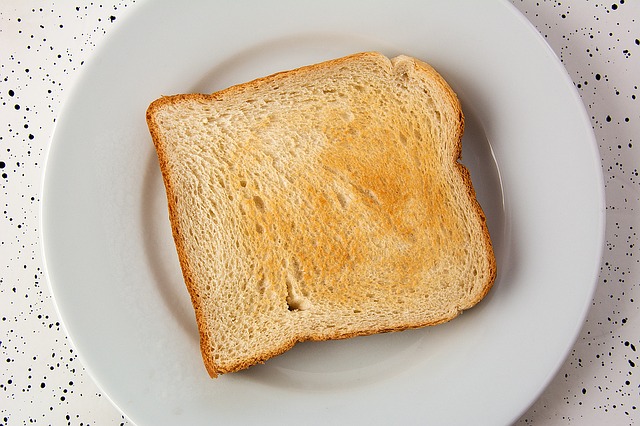 I’ve been vindicated after twenty years of debating other health professionals on this controversial topic.
I’ve been vindicated after twenty years of debating other health professionals on this controversial topic. Current research by Harvard Medical School professor of pediatrics and nutrition, David Ludwig, has shown that not all calories are equal when it comes to weight gain. His studies show that calories ingested versus calories burned is not a straight-forward math equation when it comes to the human metabolism.
Of course lifestyle plays an important role in weight management. Getting enough sleep, managing stress, diet and exercise are key but if you ignore hormonal issues, losing weight, even when doing “all the right things”, can be elusive and frustrating.
Professor Ludwig, a specialist in endocrinology and obesity, rejects the idea that over eating calories is the cause of weight gain. But rather, while seemingly counter intuitive, having more fat cells is what drives people to over eat. This is due mostly to one hormone, insulin.
Studying diabetics prove his point. It’s been shown that excess insulin treatment causes diabetics to gain weight. Conversely, insulin deficiency causes weight loss. Ludwig also points out that highly refined and simple carbohydrates produce the most amount of insulin in our bodies.
Therefore, Ludwig concludes that eating a diet that is high in simple carbs like refined sugars and baked goods can lead to insulin deregulation, which is directly connected to a yo-yo metabolism.
This is how it works. Eating a processed carb like white bread causes insulin levels to spike, which cause an enzyme called lipase to be turned off. Lipase is responsible for transferring triglycerides from blood lipoproteins into tissue. When lipase is off, it causes more calories to be stored in fat cells rather than in the blood, leading the brain to conclude that the body is hungry. This is the very mechanism that causes people to over eat.
When the fat cells take in and store too many calories, there are too few for the rest of the body. The brain compensates with cravings and hunger for additional calories to make up for it. So even though an individual may be obese with plenty of stored energy, the body believes it’s in a state of deprivation or starvation. For this reason, it also slows down metabolism to conserve calories. It’s a great survival mechanism, but totally unnecessary when calories are freely available. The body is in a state of confusion.
This rising hunger and slowing metabolism is the likely culprit of weight gain rather than the usual scapegoat, excess calories. This can explain why people who follow a low calorie diet in the long term, have little success in keeping weight off permanently.
Ludwig and colleagues published a study in the Journal of the American Medical Association that backs up his claims. The study followed 21 obese young adults after they lost 10 to 15 percent of their body weight on low fat or low carb diets. The participants of these studies consumed the same number of calories, but the people on the low carb diet burned an extra 325 calories a day than the low fat folks.
These research findings back up Ludwig’s claim that the type of calories can make a huge difference. The study also observed that high carb/ low fat diets provide an energy boost for the first hour but a few hours later, those calories have been taken up into fat storage and can’t be quickly accessed for energy.
Ludwig does not think low fat diets are fundamentally unhealthy, but believes that dietary fat leaves less room for sugar and carbs in the diet. As fat decreases, it’s harder to not overeat grains. Grains can cause a spike in blood sugar if they’re heavily processed.
Despite these scientific findings, health advocates continue to promote the health benefits of low fat diets. And the outdated thinking on dietary fat encourages the food industry to produced refined, low-fat grain products instead of alternatives with healthy fat. Successful dieters should avoid refined grains and focus calorie intake on good sources of fat like nuts, avocados and olive oil.
Ludwig is continuing to study the effect of low fat versus low carb diets on people in a longer term, 5 month study to gain further insight in the role of the relationship of insulin, metabolism, calories and carbohydrates in weight gain. Hopefully his insights will inform the debate between low carb versus low fat with solid scientific findings.
To get a head start on your weight loss goals use our 21Daybodymakeover program.

